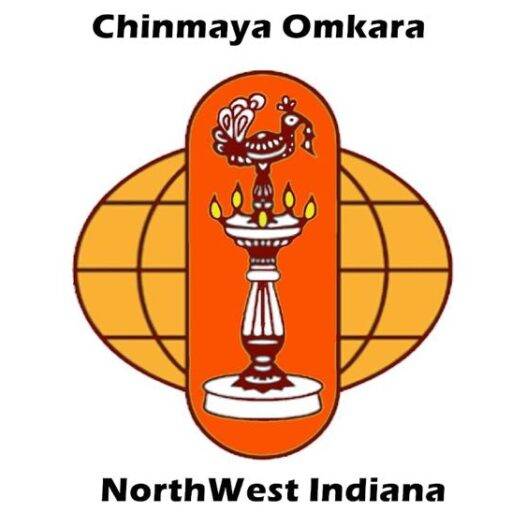What is God? What is Virtue?
Introduction
A gauge of a prepared mind is to think about one’s own self and introspect; to think about our own strengths and weaknesses without distraction.
We are studying Prince Arjuna’s Questions to ask questions about ourselves.
Review
Question 25:
Philosophical Question: How am I to remember You at the time of death? How are we to reflect on Lord Krishna’s words in change?
Philosophical Answer: We are to reflect on these teachings in change purposefully, perpetually, and personally. Space, time, and matter are limits on our own minds.
In whatever space you are in, reflect on these teachings purposefully. Reflect on these teachings perpetually.
What matters is for these teachings to be reflected on personally.
Practical Question & Answer: What is remembrance? Direction — what you remember becomes your direction.
The middle section of Bhagavad Gita is focused on Tat (on Lord Krishna).
Chapter 10: How He is in all (oneness is in multiplicity)
Chapter 11: How multiplicity is in One
Chapter 12: Prince Arjuna is that multiplicity in One
(Bhakti — where one surrenders their separation to the divine)
Discourse:
Question 26 — What is God?
Prince Arjuna’s Philosophical Question: (Chapter 10, Verse 17, first half of verse) “How shall I, ever-meditating, know You, O YOGIN?”
Prince Arjuna wants to meditate on Bhagavan Krishna always — purposefully, perpetually, personally. He wants to know how to practice this while living.
Lord Krishna’s Philosophical Answer: (Chapter 10, Verse 20) “I am the Self, O Gudakesha, seated in the heart of all beings; I am the Beginning, the Middle and also the End of all beings.”
Lord Krishna tells Prince Arjuna to meditate on who you are, your spirit, because that is really meditating on Bhagavan Krishna.
But also, Bhagavan is established in the heart of all beings (humans, animals, plants, stones).
We can feel this by labeling others less, so that the less we will like and dislike others, which gives us less limits.
We start to love others the way that we love our own heart.
Bhagavan is the beginning, middle, and end and therefore It, the Infinite, is changeless. We should then rely on that which is never changing. Bhagavan is always with us, always in us.
Practical Question & Answer: What is God? Support. God is the support.
Reflection: What are practical ways to evolve from externalizing Bhagavan to internalizing His presence?
Vivekji says to close your eyes more. Nama and rupa are less real then, but existence and awareness are still felt.
Question 27 — What is Virtue?
Prince Arjuna’s Philosophical Question: (Chapter 10, Verse 17, second half of verse) ”In what aspects or things, O Blessed Lord, are You to be thought of by me?”
Prince Arjuna wants to deepen his understanding of Lord Krishna. He knows his names (nama) and now wants to know more about his forms (rupa) and qualities (guna). What should I see you in?
Lord Krishna’s Philosophical Answer: (Chapter 10, Verse 41) “Whatever it is that is glorious, prosperous or powerful in any being, know that to be a manifestation of a part of My splendor.”
Lord Krishna answers that all that is extraordinary (vibhuti), virtuous (srimad), and energetic (urjita) is Bhagavan.
We should know that Bhagavan is the beginning, middle, and end and what we are seeing is only a fraction of His manifestation. The source of all greatness is Bhagavan.
Practical Question & Answer: What is virtue? Humility. Lord Krishna is saying, “I am the greatest of the Great, not you.” Beauty is humility — all becomes beautiful because of humility.
Reflection: What do you gain by being virtuous in a world that is driven by selfishness, competitiveness, and ego?
Vivekji says that the world is not worth “playing that game” of selfishness, competitiveness, or ego that the world tries to inflict.
Q&A:
- How can we stay on the path of self-development and keep the growth we have started once times change and we return to normalcy?
The experiences in a controlled environment are only relatively real.
It is only when we are tested in an uncontrolled environment that we come to appreciate that we need to integrate in order for the relative to become absolute.
Dismantle that fear of stepping out of our “bubble.” The satsang we receive from people or books has to be internalized to make it personal.
